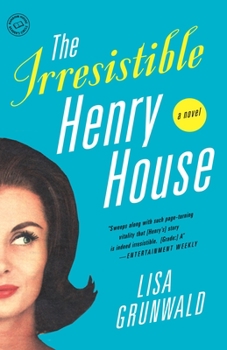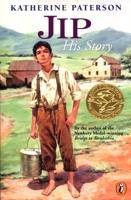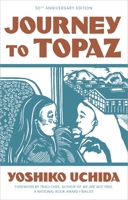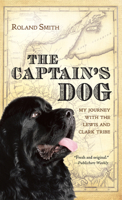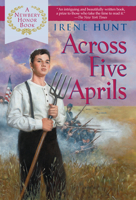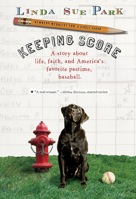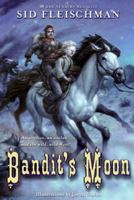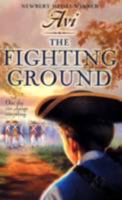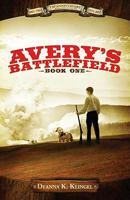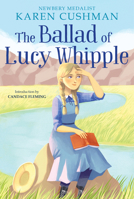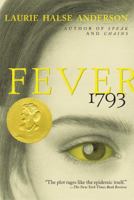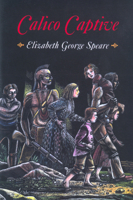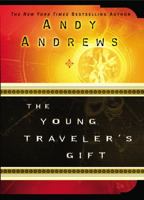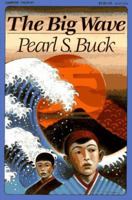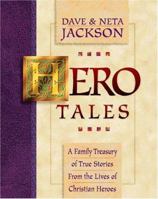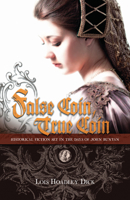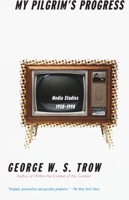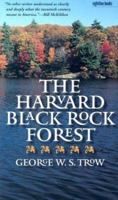The Irresistible Henry House
Select Format
Select Condition 
You Might Also Enjoy
Book Overview
Customer Reviews
Rated 5 starsA stunning book on economics
PJ O'Rourke manages to bring to life in a way so many economists fail to do, and lays a solid foundation of economics while he's at it, in plain language. Most of the chapters detail the economic distasters and successes in a compare/contrast style, highlighting the major differences in law and economic principles resulting in these differences. In Chapter 6, From Beatnik to Business Major: Taking Econ 101 for Kicks, O'Rourke...
0Report
Rated 5 starsHilarious Read
After my interest in economics was spiked by Freakonomics, I began to look at other books on the topic. Eat the Rich is one of the best books I have read on the topic since. O'Rourke skillfully takes us through several countries looking at Good Capitalism, Bad Socialism and everything in between. His insight and witty one liners make the read fast, fun and extremely enjoyable. While some may find it offensive, I found it...
0Report
Rated 5 starsEconomics Made Interesting
P. J. O'Rourke makes economics interesting...by citing real life examples from his travels rather than engaging in a boring exercise of describing some economic theory. The pages of the book spring to life.I read this book prior to visiting Tanzania, one of the countries visited by O'Rourke, and have reread it many times since my visit. The details covered are well-researched. I picked up things after rereading the chapter...
0Report
Rated 5 starsBest book read in a long time.
Economic theory is based on ...theory, and is often wrong. O'Rourke, not a posterchild for higher education, skipped the classes and took a round the world tour to find which economic systems work and which don't. He visited Sweeden, Albania, Tanzania, Russia, Hong Kong, plus others and then described his experiences. In some places wild dogs ran the streets beneath his hotel room, in others people spent their day sleeping...
0Report
Rated 5 starsIntelligent, cogent and vital
As supply increases prices fall; the demand curve moves in inverse proportion to supply; and economics is as dry as the bleached bones of Adam Smith. At least that is what you were lead to believe by that stringy-haired Marxist who taught ECON101. In his humorous, pointed and informative treatise, "Eat the Rich", P. J. O'Rourke has contravened at least one rule of economics - He has established that it is by no means...
0Report











